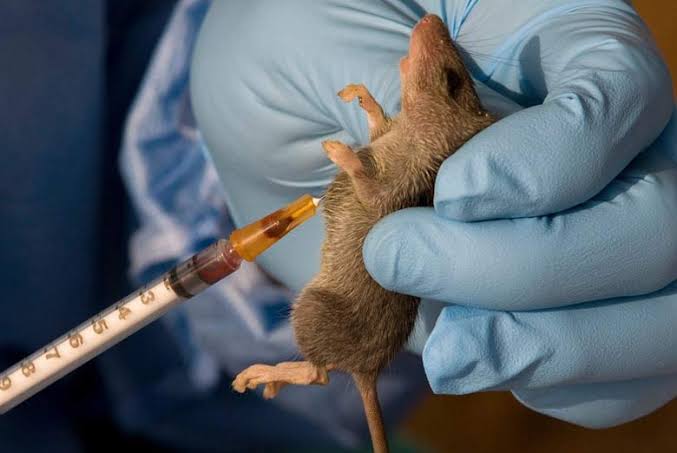Lucky Obukohwo, Reporting
The Minister of State for Health, Dr. Adekunle Salako, has passionately appealed to the newly recruited staff of the National Orthopedic Hospital, Benin, to remain in their country to develop it rather than (‘japa’) leaving it in search for greener pastures abroad.
He made the appeal while touring the hospital facilities in Benin.
Dr. Salako said that the country belongs to them and it is their duty to join hands to make it work and not by migrating to other countries.
“The President is committed to the improvement of the living standard of the average Nigerian. He is committed to ensure that Nigeria transform to a place that we all can live comfortably and be proud of.
“So, for those of us who are newly employed, please let us remain committed to our country. Let us display patriotism to the country. Let’s not because of economic crises alone abandon our country, and Japa, as they say.
“I want to come back and see that all the people that are newly employed remain in the service of this hospital serving our country because nobody is going to come to build this country for us.
“If we don’t do it ourselves, when we go, we still come back and meet it the way we have left it. So I want to encourage all of you to remain committed, to remain patriotic and serve Nigeria intelligently.
“The reform that Mr. President is doing, is a reform for the betterment of our country. I can assure you that we are turning the corner and things are getting better. Very soon, things will get much, much and much better”, Dr. Salako said .
While explaining Tinubu’s love for the state which has led to several of federal government’s presence, Salako maintained that
“I must say that President Bola Tinubu has a special interest in a state, particularly Benin. Not only are we citing the national hospital in the south south here in Benin, before coming here, I was at the National Obstetrics Fistula Centre.
“Also out of the six states in south south, Edo State particularly is specially favoured. So, I think this is a demonstration that the president really loves this city. He really loves this state”,.
Earlier, the Chief Medical Director (CMD) of the National Orthopedic Hospital, Benin, Dr. Philip Ugbodaga, thanked President Tinubu’s efforts at assuring that health care remains a priority of his administration.
He said indeed, no nation can develop without investing hugely in the health and education of its people.
Dr. Ugbodaga said since this infrastructure came on board, they have done everything to ensure that the healthcare needs of Nigerians take the centre stage in line with the renewed hope agenda of the present administration.
The CMD of the hospital said that they have only few things left to be put in place which are the electrical fittings and the connection to the national grid as well as a few structural things to be done and then, the final painting.
According to him “You will agree with me that all of these are very minor. So it is our plea, our minister, that with your full support, we are highly and very hopeful that very soon, those few structural things that needed to be done are completed in this hospital so that full clinical services will commence”.
On the part of the traditional ruler of the community, HRH Michael Ogbonmwan, while commending the federal government for siting the hospital in his community, offered his land as parking lot for the hospital.
“Also, I want to remind the management that the open space
opposite the hospital was for my personal use. It was a means for livelihood to me. Now that the hospital needs it for packing space and also to beautify the edifice, it is my prayer that the federal government and the hospital management put me on monthly stipend to enable me meet some of my personal needs.
“I want to equally draw your attention to the roads links to the National Orthopedic Hospital to be fixed in order for easy accessibility.
“Finally, I want to announced it to all and sundry and to the hospital in particular that the next compound has been donated to the National Orthopedic Hospital as permanent site.
“I have discussed with my elders and we have decided to work with the local government chairman to relocate the mini-market to another site where the community originally proposed for the market”, Ogbonmwan added.
